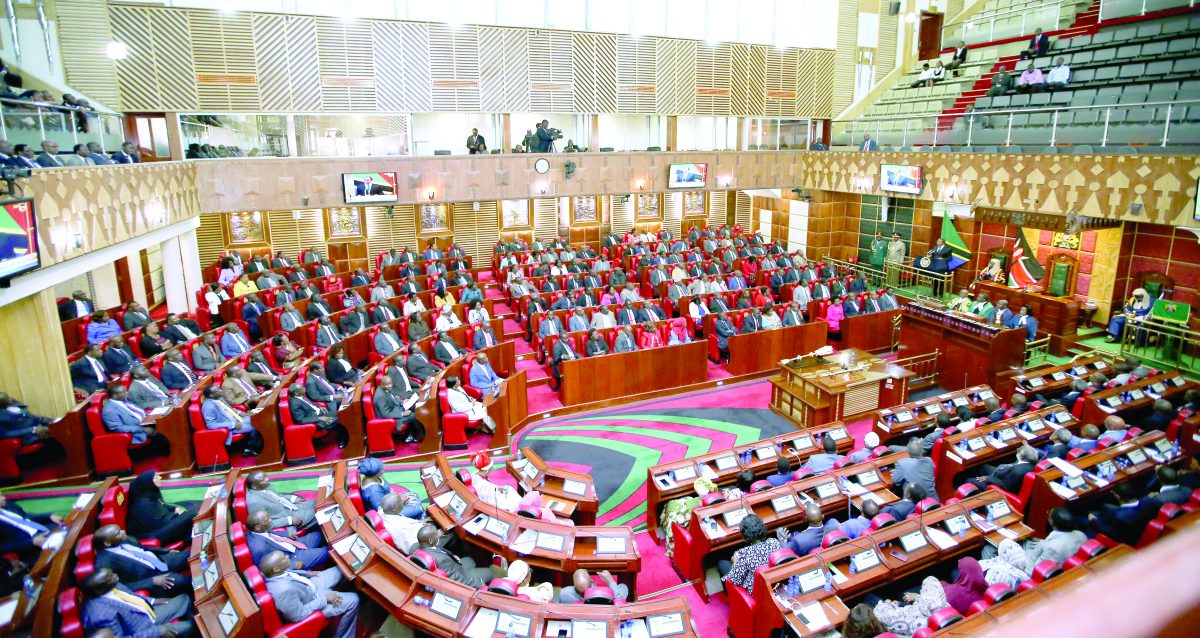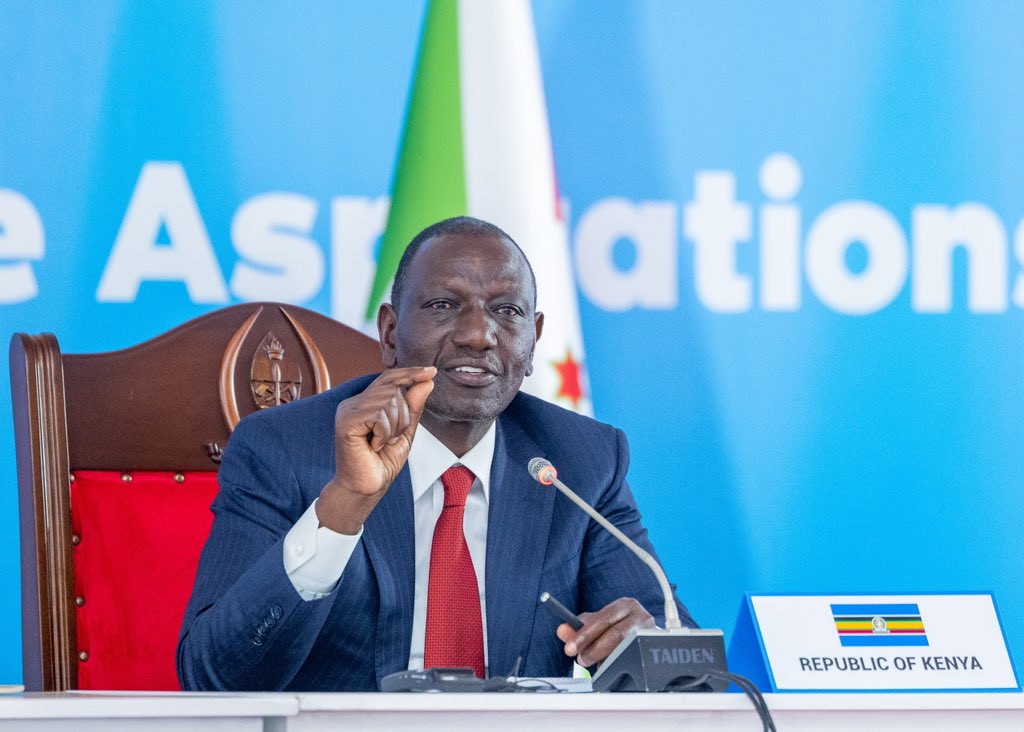MPs question viability of varsities, State corporations

A parliamentary committee has raised concerns over the viability of a number of universities and State corporations.
Public Investments Committee on Governance and Education also questioned how the said entities have spent monies allocated to them.
In a report tabled in the National Assembly, the committee chaired by Bumula MP Wanami Wamboka said majority of the institutions face similar challenges that ought to be addressed to enable them operate efficiently.
Among issues the agencies are facing include underfunding, hiring expensive consultancies, having unsecured and untitled land holdings, having long outstanding construction works, submitting documentations to the Auditor General late as well as failure to adhere to gender ethnicity, regional and other considerations in staffing.
“The committee encountered cross cutting and at times recurring matters that make general observations and recommendations,” the report.
With regards to funding, the committee raised concern that most public universities have negative working capital.
In addition, the committee noted that underfunding has been a key challenge as Government has been disbursing funds to universities in block figures that are not based on student numbers or any verifiable indicator.
Further, the committee claimed that the said challenges are also being fueled by the continuous funding of students in private universities, despite public universities having capacity to absorb all students.
In this regards, the committee called for a special audit of the said funds to private universities as well as requested the Presidential Working Party on Education Reform to consider revising funding to universities to make use of the Differentiated Unit Cost Model based on students numbers.
“This audit will inform comprehensive recommendations on the same. In the interim, the committee recommends that the government, through its universities and colleges placement system exhausts slots available in public universities before considering private universities, and effectively ceases funding private universities through conditional grant,” the report.
Business models
It adds: “ The committee also encourages these institutions to re-engineer their operations and business models and explore revenue raising through Appropriations In Aid, away from over-reliance on exchequer.”
On consultancies, the committee said it had noted that some projects had huge components for consultancies for project conception (architectural drawings) and supervisions.
It expressed concerns that because most consultancies deliver their project designs beforehand, public agencies are forced to pay them upfront from the meager resources that would have been used for construction. Following the move, the committee told the ministry responsible for Public Works to revamp the department that deals with these constructions.
“Moreover, certain technical institutions including Kenya Technical Training Colleges (KTTC) do training of such technical skills and could deliver for government projects. The relevant department committee should consider amending the Public Procurement and Assets Disposal act to provide for first priority considerations of government agencies that have capacity to provide services,” adds the report.
On late submission of supporting documentation, the committee observed that some accounting officers had failed to submit supporting evidence to the auditor general on time as per section 68 of the Public Finance Management (PFM) act 2012 and section 13 of the Public audit act.
Following the move, the committee warned accounting officers that in subsequent audits it will prescribe punitive measures to the officers who fail to adhere to the law. “This invariably led to the committee discussing matters that should ordinarily not feature in the final report, some as mundane as accounts not balancing,” the report.
On long outstanding construction works, the committee said it had encountered cases where construction projects in some State corporations had taken inordinately long to complete leading to escalating costs through accrued interest and prolongation costs.












